Chichester Cathedral Choir, James Thomas and Alan Thurlow - Chichester Commissions (1996)
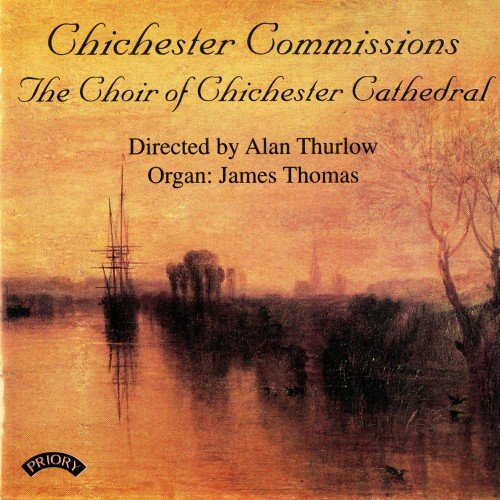
Artist: Chichester Cathedral Choir, James Thomas, Alan Thurlow
Title: Chichester Commissions
Year Of Release: 1996
Label: Priory Records
Genre: Classical
Quality: FLAC (tracks)
Total Time: 01:18:32
Total Size: 379 MB
WebSite: Album Preview
Tracklist:Title: Chichester Commissions
Year Of Release: 1996
Label: Priory Records
Genre: Classical
Quality: FLAC (tracks)
Total Time: 01:18:32
Total Size: 379 MB
WebSite: Album Preview
01. Chichester Cathedral Choir, Mark Wardell, Alan Thurlow - Benedicite in A (5:28)
02. Chichester Cathedral Choir, Mark Wardell, Alan Thurlow - I Sing of a Maiden (3:42)
03. Chichester Cathedral Choir, Mark Wardell, Alan Thurlow - Behold, I Make All Things New (3:32)
04. Chichester Cathedral Choir, Mark Wardell, Alan Thurlow - There is No Rose (2:19)
05. Chichester Cathedral Choir, Mark Wardell, Alan Thurlow - Benedicite In B-Flat (5:28)
06. Chichester Cathedral Choir, Mark Wardell, Alan Thurlow - Child of Heaven, Child of Earth (2:43)
07. Chichester Cathedral Choir, Mark Wardell, Alan Thurlow - From East to West (4:09)
08. Chichester Cathedral Choir, Mark Wardell, Alan Thurlow - Quem vidistis pastores (2:48)
09. Chichester Cathedral Choir, Mark Wardell, Alan Thurlow - Te Deum in B Minor (6:07)
10. Chichester Cathedral Choir, Mark Wardell, Alan Thurlow - Jubilate in B Minor (2:55)
11. Chichester Cathedral Choir, Mark Wardell, Alan Thurlow - The Birds (2:01)
12. Chichester Cathedral Choir, Mark Wardell, Alan Thurlow - Laudate Dominum (5:06)
13. Chichester Cathedral Choir, Mark Wardell, Alan Thurlow - Benedicite in G (6:44)
14. Chichester Cathedral Choir, Mark Wardell, Alan Thurlow - Holy is the True Light (1:58)
15. Chichester Cathedral Choir, Mark Wardell, Alan Thurlow - Let God Arise (7:35)
16. Chichester Cathedral Choir, Mark Wardell, Alan Thurlow - The Prayer of St. Richard (1:51)
17. Chichester Cathedral Choir, Mark Wardell, Alan Thurlow - Benedicite in E-Flat (5:13)
“The Hussey Legacy” (celebrated by the Finzi Singers on Cantus, 3/89 – nla) cannot have been lightly accepted either at Chichester Cathedral or at St Matthew’s, Northampton. At the parish church The Revd Walter Hussey as vicar commissioned, among other works, Britten’s Rejoice in the Lamb, and as Dean of the Cathedral Bernstein’s Chichester Psalms. He died in 1985, “the last great patron of art in the Church of England”, according to Sir Kenneth Clark. Part of his legacy was a tradition which the Cathedral would be loath to neglect and does its best to maintain. The account of these later years, as represented by the present record, does not prove entirely reassuring.
It leaves till last the earliest of the works, Howells’s Chichester Service, written in 1968 and still in Dean Hussey’s time. This may, as the notes suggest, be a “point of evolution”, but it is also highly characteristic of the Howells already known, and the Nunc dimittis in particular is a fine example of his mastery. What the Magnificat pointedly declines to do (and on that very word) is rejoice: it aspires and languishes, has its momentary access of vigour, then swoons again. Whatever else may be said about it, it does not brace. And then going forward in time (backward in the record) I wonder what has become of what was bracing, affirmative and vigorous in English church music. Here we have the pleasantly flowing lines of Richard Lloyd’s Mass, the curiously uncommitted style of Sir Lennox Berkeley’s writing in both anthems and canticles, and the communion anthem of Robert Walker which takes till the third verse to gain interest and then relapses in the fourth.
It might be said that the works of Jonathan Harvey and Geoffrey Burgon are stronger in ideas, more defined in form and purpose. Harvey has a facility for providing something memorable: here it is done primarily by means of alternating the turbulence of roaring sea and shaking mountain with the deep calm of “Be still and know that I am God” which is placed throughout rather as the response in a litany. Burgon also has a facility, with ostinato, sound-picture, the evocation of age-old simplicity but signalled in ways that alert us to the presence of a sophisticated modernity. I can’t say that I find reassurance here.
Recording and performances are fine, the choir being put through a hard, testing programme (showing signs of wear, perhaps, in the “Osanna” of Lloyd’s Sanctus). The four soloists do themselves and the choir credit, and James Thomas’s registration of the organ parts (especially in Songs of the Creation) is very carefully and effectively thought out.'
It leaves till last the earliest of the works, Howells’s Chichester Service, written in 1968 and still in Dean Hussey’s time. This may, as the notes suggest, be a “point of evolution”, but it is also highly characteristic of the Howells already known, and the Nunc dimittis in particular is a fine example of his mastery. What the Magnificat pointedly declines to do (and on that very word) is rejoice: it aspires and languishes, has its momentary access of vigour, then swoons again. Whatever else may be said about it, it does not brace. And then going forward in time (backward in the record) I wonder what has become of what was bracing, affirmative and vigorous in English church music. Here we have the pleasantly flowing lines of Richard Lloyd’s Mass, the curiously uncommitted style of Sir Lennox Berkeley’s writing in both anthems and canticles, and the communion anthem of Robert Walker which takes till the third verse to gain interest and then relapses in the fourth.
It might be said that the works of Jonathan Harvey and Geoffrey Burgon are stronger in ideas, more defined in form and purpose. Harvey has a facility for providing something memorable: here it is done primarily by means of alternating the turbulence of roaring sea and shaking mountain with the deep calm of “Be still and know that I am God” which is placed throughout rather as the response in a litany. Burgon also has a facility, with ostinato, sound-picture, the evocation of age-old simplicity but signalled in ways that alert us to the presence of a sophisticated modernity. I can’t say that I find reassurance here.
Recording and performances are fine, the choir being put through a hard, testing programme (showing signs of wear, perhaps, in the “Osanna” of Lloyd’s Sanctus). The four soloists do themselves and the choir credit, and James Thomas’s registration of the organ parts (especially in Songs of the Creation) is very carefully and effectively thought out.'
Download Link Isra.Cloud
Chichester Cathedral Choir, James Thomas and Alan Thurlow - Chichester Commissions (1996)
My blog
Chichester Cathedral Choir, James Thomas and Alan Thurlow - Chichester Commissions (1996)
My blog

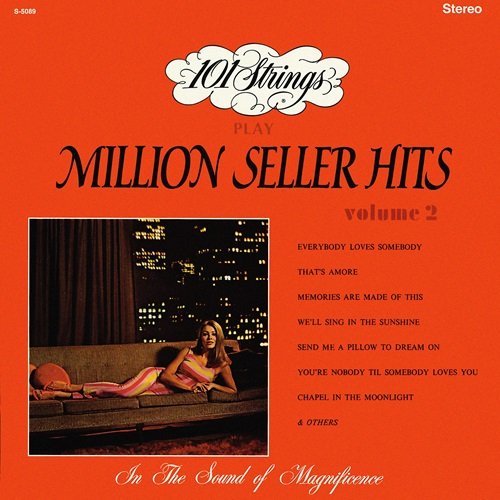

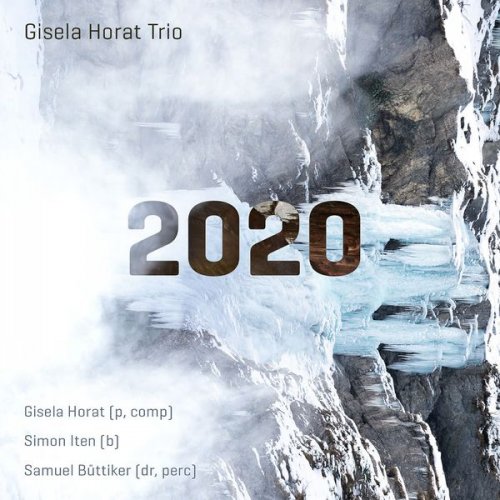
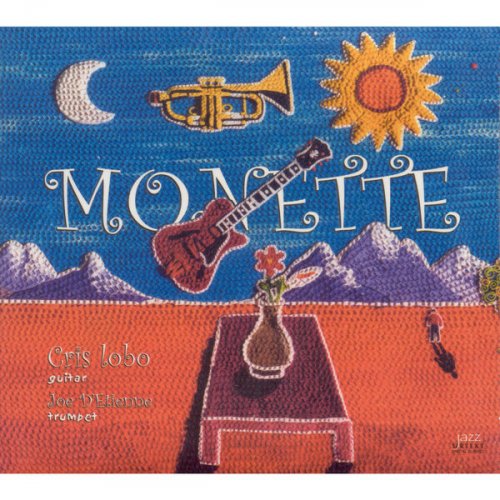
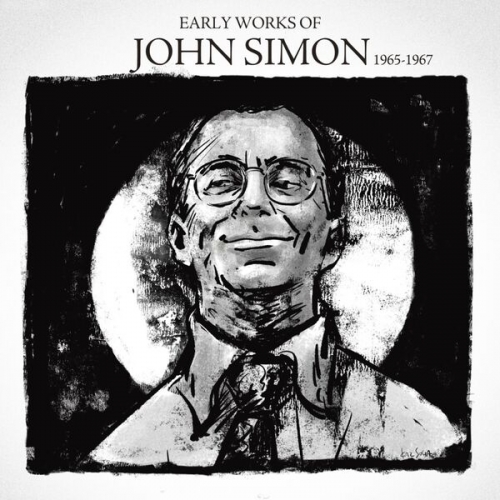
![The Mood Mosaic - Phase Shifter (Umiliani's Cosmic Funk Legacy) (2025) [Hi-Res] The Mood Mosaic - Phase Shifter (Umiliani's Cosmic Funk Legacy) (2025) [Hi-Res]](https://www.dibpic.com/uploads/posts/2025-12/1766821753_vmhoaahqyhu2p_600.jpg)
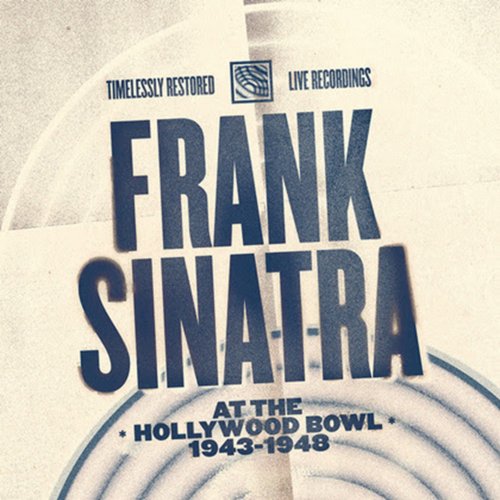
![Limotges - The Burt Bacharach Songbook (2025) [Hi-Res] Limotges - The Burt Bacharach Songbook (2025) [Hi-Res]](https://www.dibpic.com/uploads/posts/2025-12/1766823472_l6enc3v4rcqoc_600.jpg)